I Wish Google Still Paid Attention To The Best Voice Assistant Ever
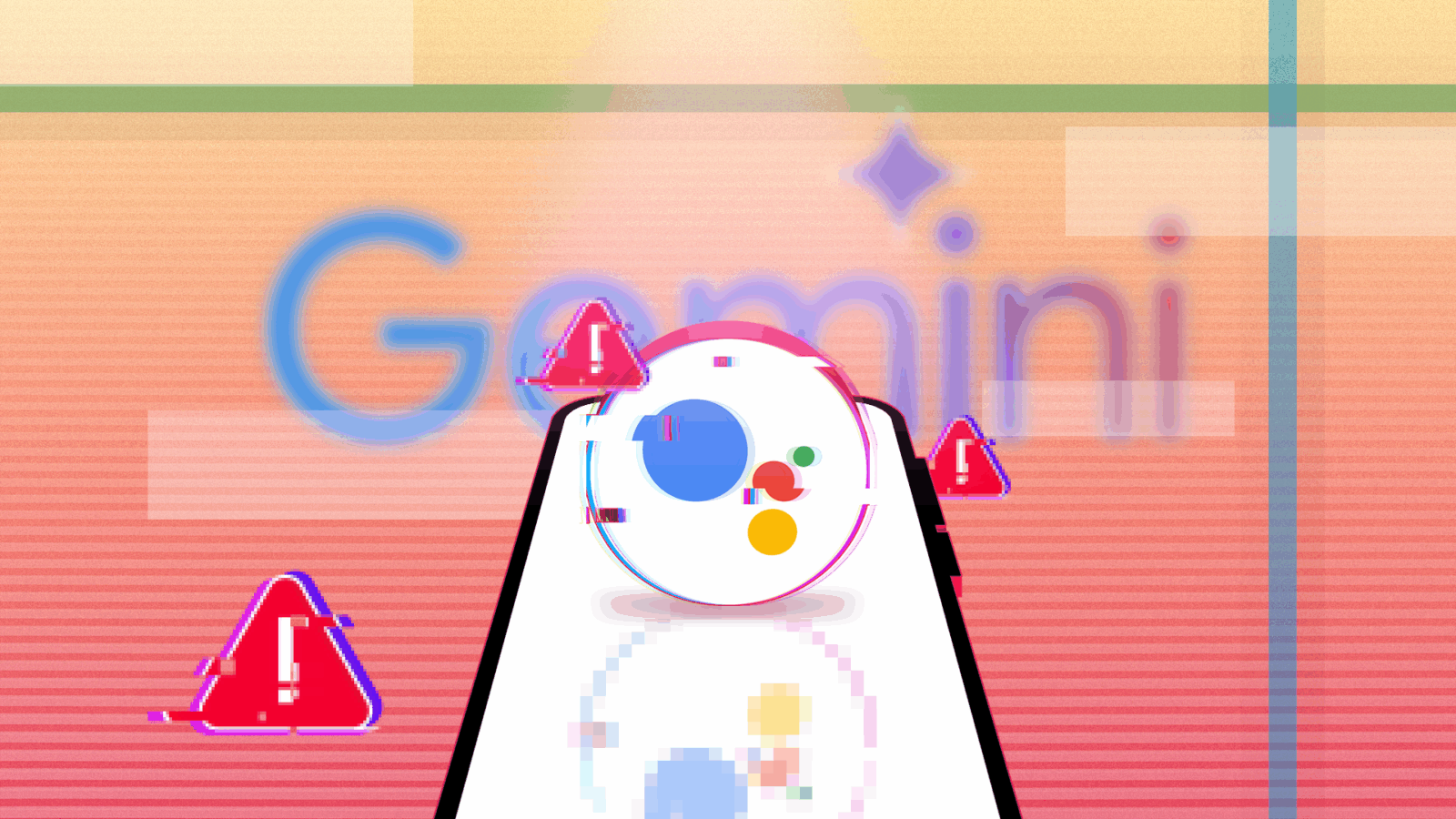
Contents
I have used several smart speakers powered by Google Assistant for quite a while. The first device I picked up was the Nest Mini, which was followed by the Nest Hub and Nest Hub Max. I have one speaker in each room, so my folks and I can use Google Assistant to ask queries, play songs, receive news updates, and control our IoT devices at home, regardless of where we are. Until last year, these devices worked fine. None of us had issues with them, and they performed as expected.
However, a few months back, my mom noticed issues setting reminders on the Nest Hub. The songs she used to play regularly on the speaker were more difficult to play because Google Assistant had difficulty recognizing the required song. So, I carried out some routine troubleshooting. However, that didn’t fix the issue. So, I looked online for solutions. It didn’t take long to realize that users all over the globe had issues with Google Assistant on their Nest devices. The timeline coincided with the widespread rollout of Gemini. I put two and two together and figured out what was going on.
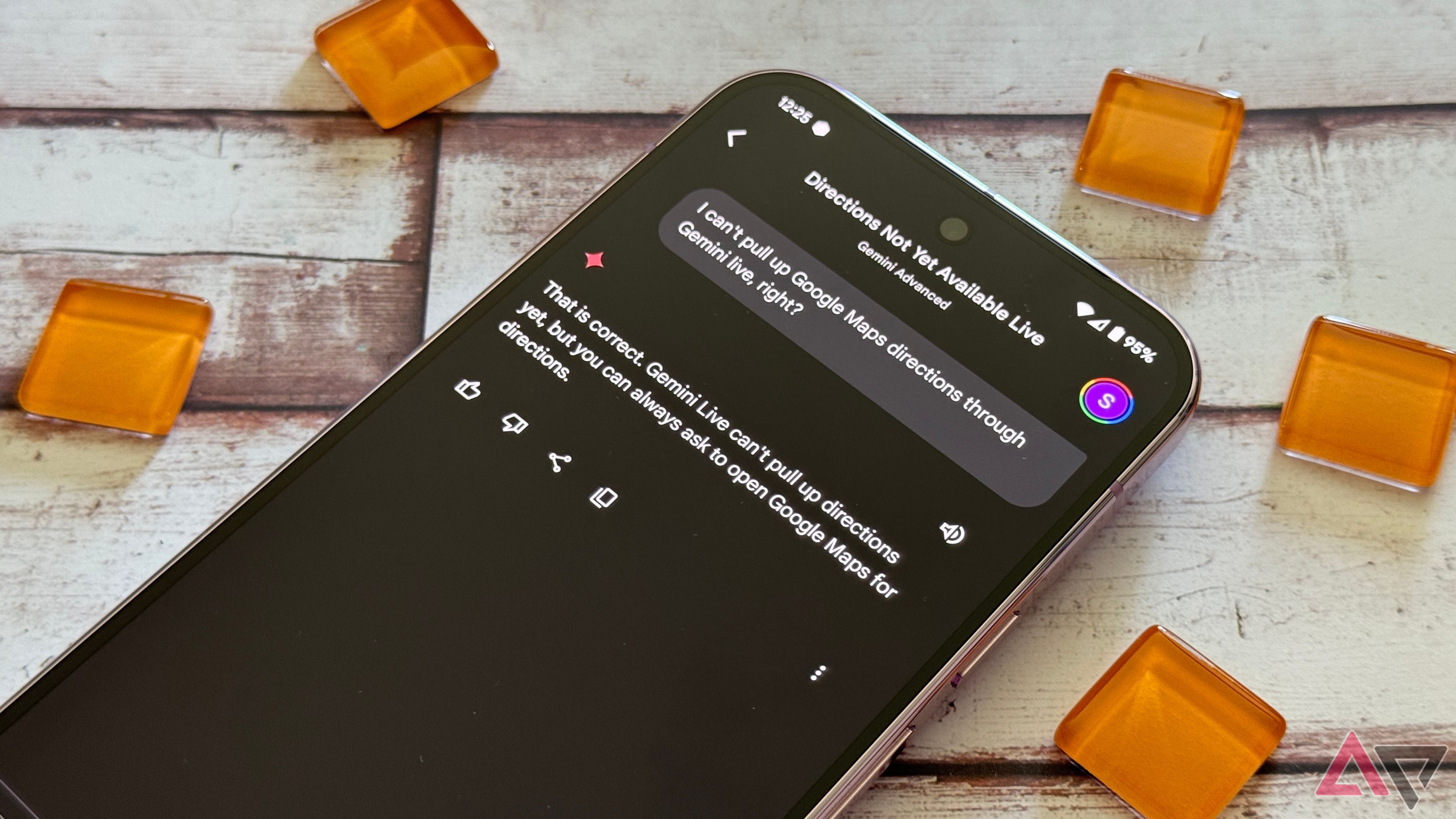
Related
The onset of Gemini
AI in everything

Source: Google
I regularly use Google Assistant, not only on smart speakers but on my phone. Along with that, I’m an early adopter of new technology. So, when Google rolled out Gemini, I opted in to the beta version after receiving the prompt. My initial impressions of Gemini were mixed. While it could give me more information than Google Assistant when asked a certain query, it couldn’t perform basic tasks, like taking notes.
I have been doing this all the time with Google Assistant, so I missed that it didn’t work as expected. Fast-forward to a few days, and I realized Gemini couldn’t do half the things Google Assistant could. I assumed this was due to the beta build, but the trend continued after the stable rollout of Gemini. This frustrated me, but I was glad my Galaxy Watch 4 still ran Google Assistant.
The downfall of Google Assistant
When did it turn into Siri?
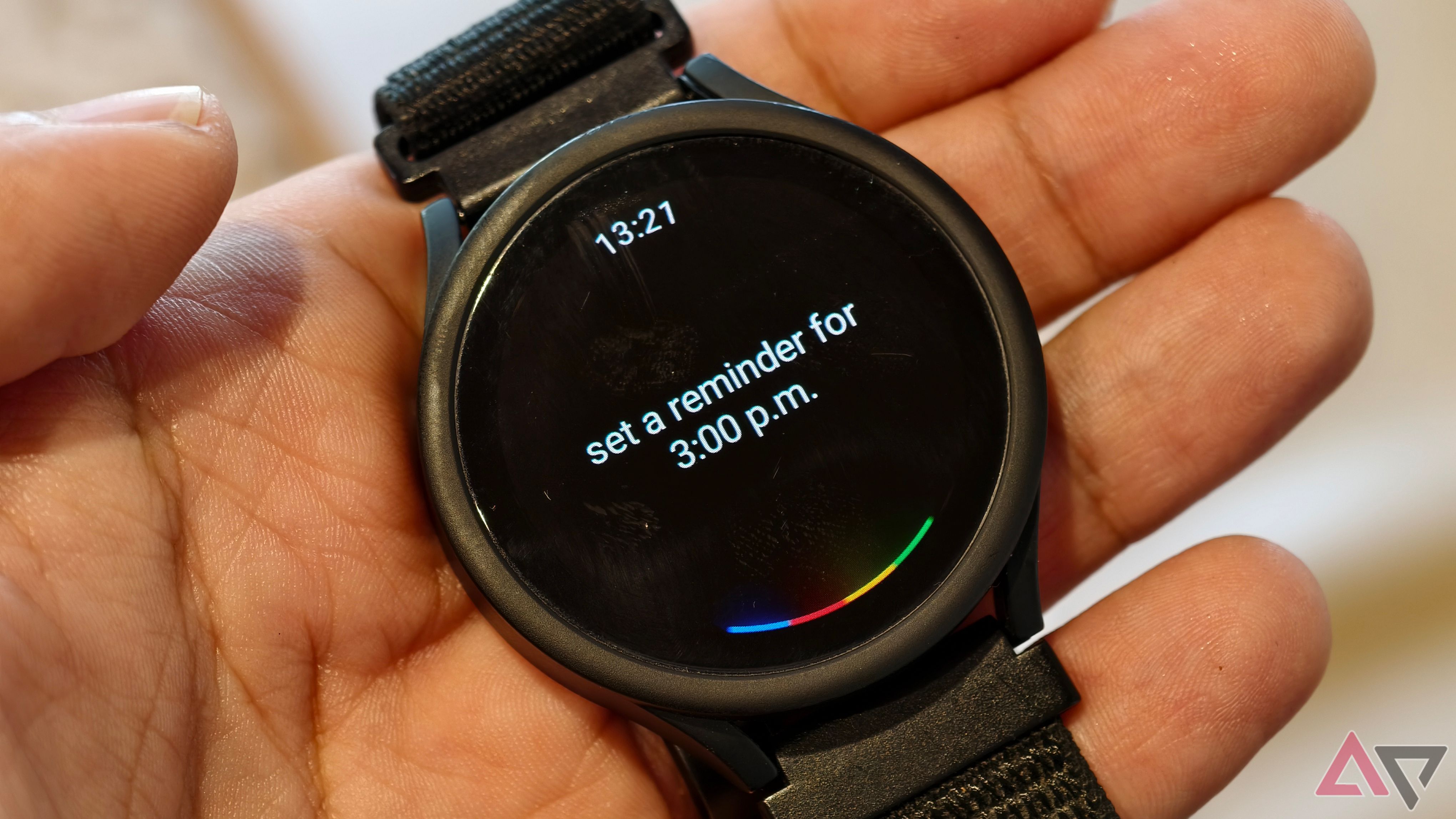
I used my Galaxy Watch 4 to perform basic tasks like setting reminders and taking notes. However, it wasn’t as good as it used to be. I thought this was due to the inferior mic on the smartwatch compared to my phone. When I saw multiple posts on online forums about Google Assistant acting up, I realized it wasn’t a problem with the mic, but more with Google sidelining Assistant to prioritize Gemini.
AI chatbots and generative AI assistants have taken over the world. Every company is busy building AI models since it’s the hot new buzzword. When OpenAI showcased its ChatGPT AI chatbot, Google was criticized for lagging in the AI race. So, it had to quickly shift its focus on unveiling Gemini (then Bard) to the public. After the company did that, it seems like it allocated all its resources to developing Gemini while sidelining Google Assistant.
Thanks to this, Google Assistant got the ignored child treatment. With most servers and processing power dedicated to Gemini, Google Assistant started losing the plot. In the past couple of months, Assistant stopped recognizing contact names it used to before, takes extremely long to perform a basic task such as playing a song, doesn’t detect which song I’m trying to play in the first few tries, often plays the wrong song, gives me the weather of a different city instead of the one I asked for, keeps throwing an error asking me to update the Google app to perform a certain function even if the app is on the latest version, and fails to recognize the wake work on several occasions.
I experienced these issues using Google Assistant in English (US) and English (India) language configurations. While English (India) was slightly better, it didn’t introduce any notable change in Google Assistant’s behavior.
I’m frustrated that it doesn’t detect the wake word, especially when using Google Assistant on Android Auto, the one place where I do not want it to fail, since voice instructions are the only safe way of performing certain actions when driving. The only inference one can draw from these issues is that Google has lost interest in maintaining Google Assistant. This was confirmed via Google’s announcement about replacing Assistant with Gemini. As a result, the latest version of Android Auto brings Gemini to your car in place of Assistant.
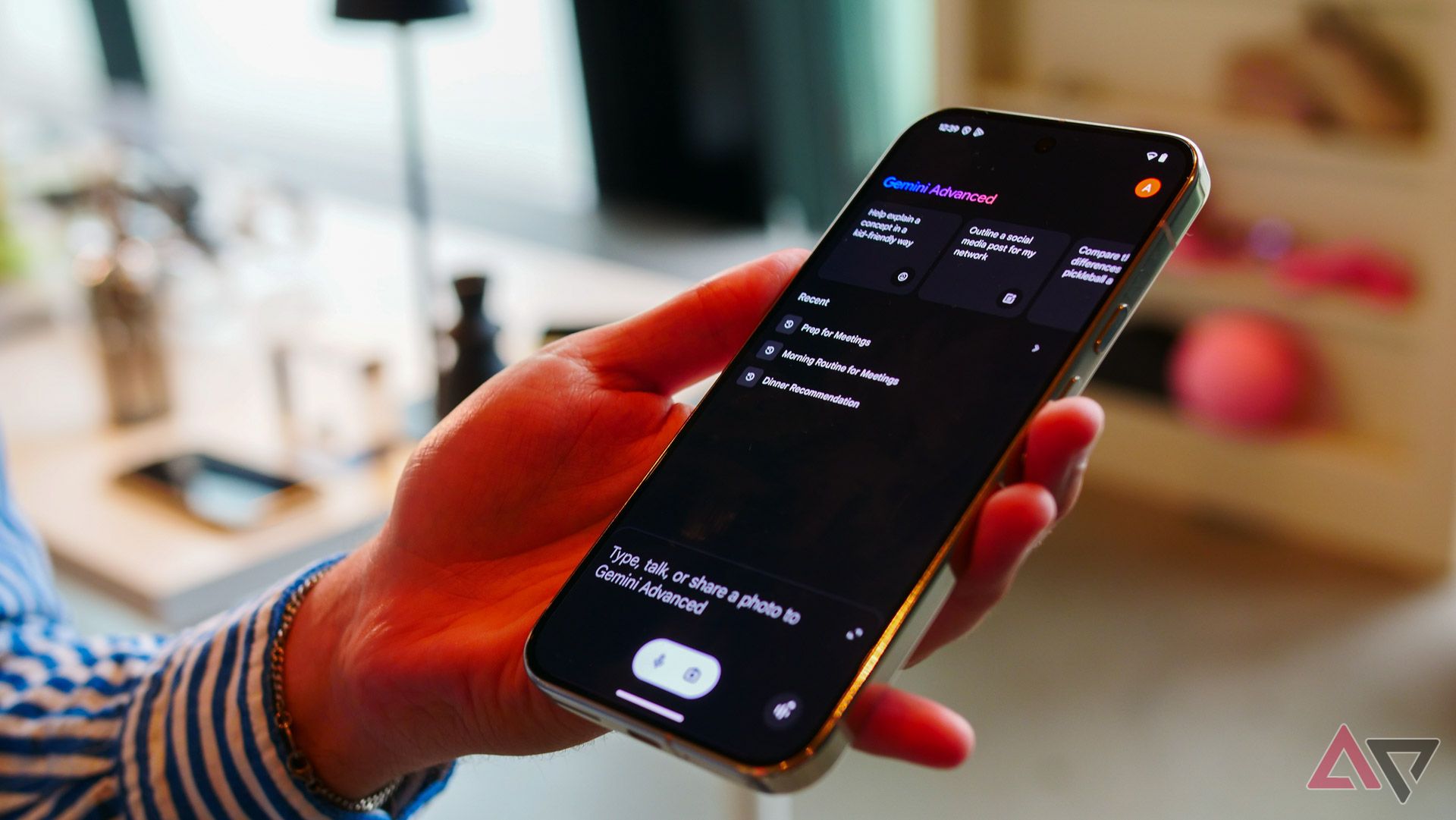
Related
The Google Assistant era is over
Is Gemini the future of AI assistants? Google thinks so
I’ve stopped using Nest devices
I switched over to Alexa instead

After getting annoyed by Google’s shenanigans, I replaced the Nest speakers at home with Amazon’s Echo lineup. There are no such issues with Alexa, as the assistant understands everything from the wake word to the commands. Alexa has always been slightly behind Google Assistant in terms of features, so while that remains, I’m happy that it fulfills all my voice assistant needs without hiccups.
However, Amazon recently announced an AI makeover for Alexa, Alexa Plus, which will start rolling out to the masses shortly. We’ll wait to see how that performs. Hopefully, it enhances Alexa’s abilities instead of crippling them.
I’m hopeful about Gemini improving with time
Google has no option other than fixing it
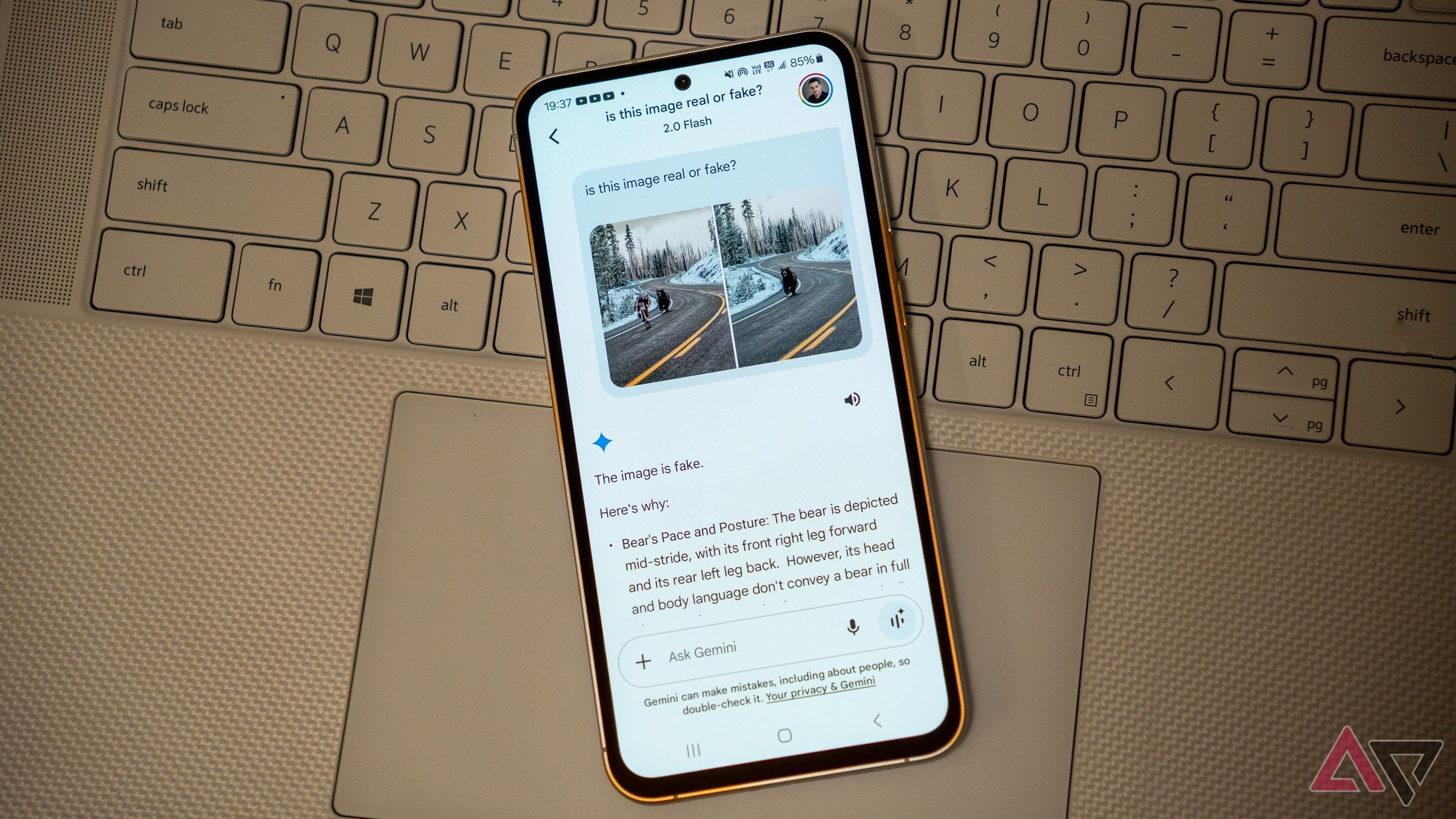
With Assistant being the latest entrant into the Google graveyard, I’m assuming Google will roll out updates to switch over Nest speakers and screens from Google Assistant to Gemini. I’m not looking forward to that since Gemini can’t perform basic tasks accurately, which is something we’ve seen with AI. Still, I’m hopeful it improves the current status of these devices so that they can be useful once again instead of being expensive paperweights.
What’s your reaction?
Love0
Sad0
Happy0
Sleepy0
Angry0
Dead0
Wink0



![walmart’s-$30-google-tv-streamer-is-now-in-stores-and-it-supports-usb-c-hubs-[video]](https://betadroid.in/wp-content/uploads/2025/05/20046-walmarts-30-google-tv-streamer-is-now-in-stores-and-it-supports-usb-c-hubs-video-280x210.jpg)


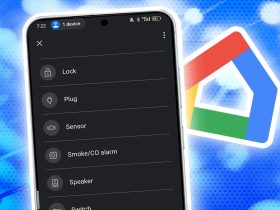




Leave a Reply
View Comments